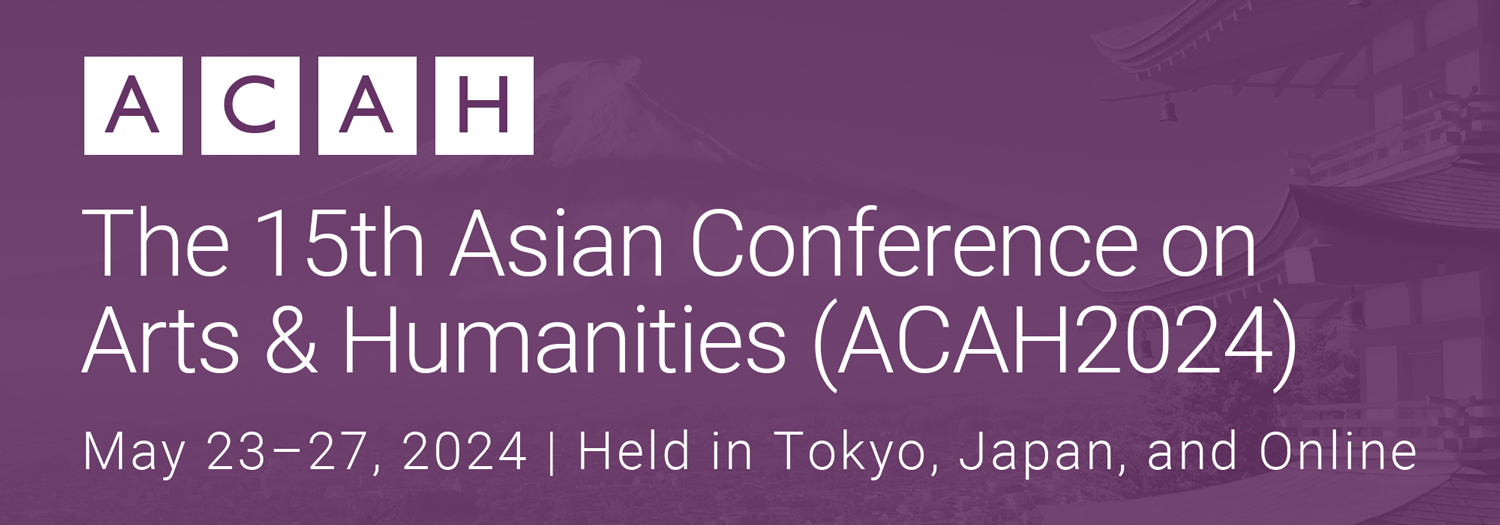Relationship Between Personality Traits and Life Satisfaction in University Students in Nepal (78544)
Session Chair: Chih Nuo Grace Chao
Saturday, 25 May 2024 10:20
Session: Session 1
Room: Room 605
Presentation Type: Oral Presentation
This study aims to explore the relationship between the Big Five personality traits (Extraversion, Agreeableness, Conscientiousness, Emotional Stability, and Openness to Experiences) and life satisfaction in university students in Nepal. I conducted a questionnaire survey at two universities in Nepal (n=305, age range 17-31; Male: 124, Female: 181). The Life Satisfaction Scale (Diener et al., 1985) and the Ten-Item Personality Inventory (Gosling et al., 2003) were used in this study. The data were analyzed using Pearson correlation coefficient. The Pearson correlation coefficient analysis for the total participants revealed a significant positive correlation between the Life Satisfaction Scale and the four factors of the Big Five personality traits (Agreeableness, Conscientiousness, Emotional Stability, and Openness to Experiences). Similar results were obtained for male students. However, among the female participants, a notable positive correlation was identified between Life Satisfaction and Emotional Stability and Openness to Experiences. Conversely, a negative correlation was observed between Life Satisfaction and both Extraversion and Life Satisfaction. The results suggest except for Extraversion, all four personality traits have a positive impact on Life Satisfaction. Emotional Stability particularly has the most significant impact, indicating that emotionally stable students are more resilient and are stronger under difficult circumstances, which enhances their life satisfaction. However, contrary to expectation, the female students exhibited a significant negative correlation between Extraversion and Life Satisfaction. This may be attributed to gendered societal expectations in most Asian countries including Nepal, where women are often encouraged to be more restrained in expressing their opinions.
Authors:
Aneesah Nishaat, Soka University, Japan
About the Presenter(s)
Ms Aneesah Nishaat is a University Doctoral Student at Soka University in Japan
See this presentation on the full schedule – Saturday Schedule





Comments
Powered by WP LinkPress